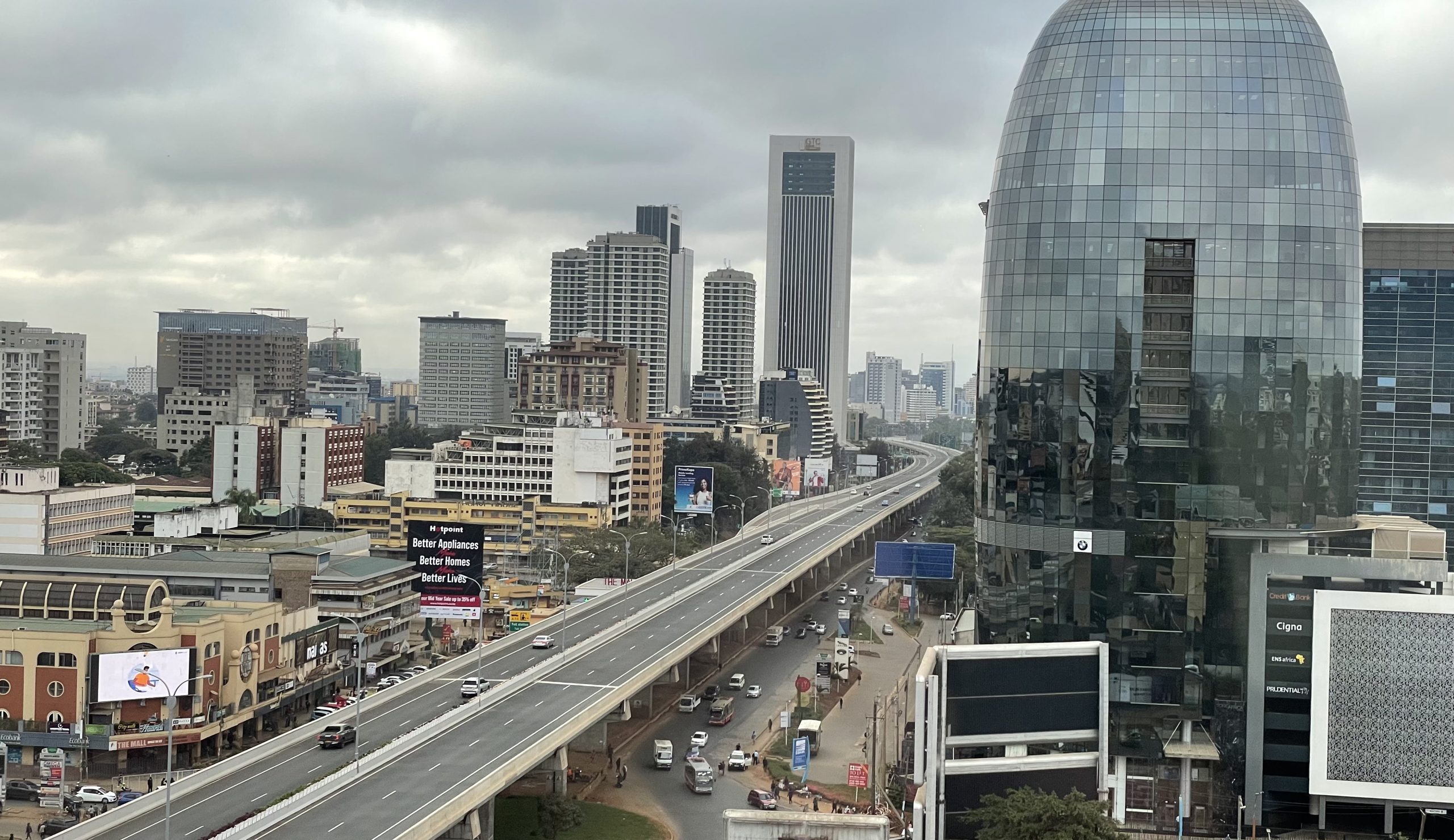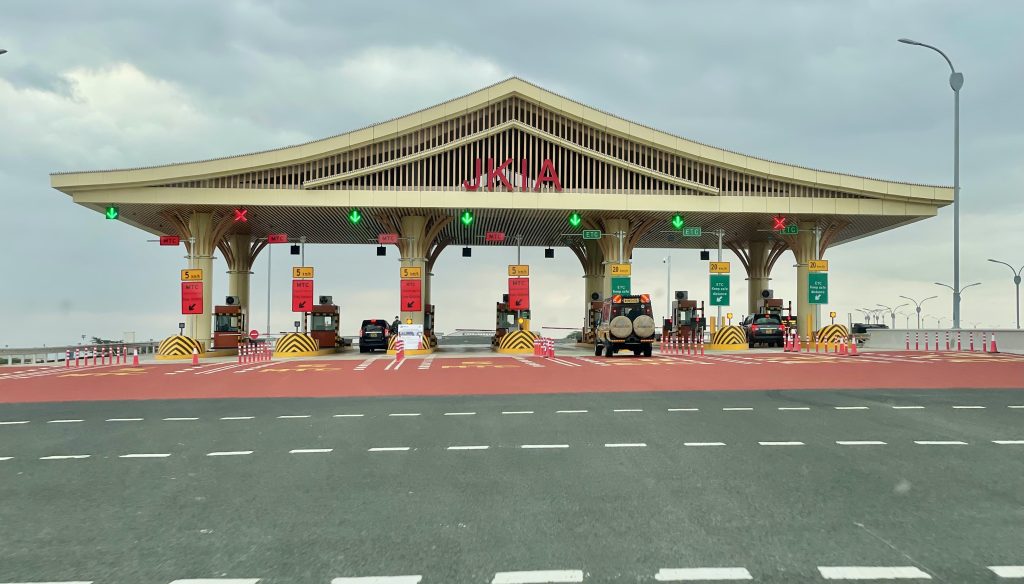HANS STOISSER
China or Europe – who is Africa’s better partner?

Put yourself in the shoes of an African government. Who would you rather solve your problems with, China or Europe?
After exactly two years of Covid break, I travel to Nairobi again in February 2022. In the taxi from the airport to the city, I can’t believe my eyes: above us is a “roof”, another road built on massive concrete pillars. “China built this stilt highway right across Nairobi, all the way to the other end of the city, about 27 km long,” the taxi driver explains to me. The massive concrete pillars give an idea of the huge construction site that has dominated the city over the last two years.
When I visit three months later, the highway is already open. Instead of one to three hours – depending on traffic jams – it now takes me only 20 minutes to get to Westlands. Traffic on the new “expressway” is still not very heavy because the toll is still too expensive for most people for everyday journeys.
“This is the best investment China has ever made here,” a friend from Nairobi tells me enthusiastically.
Gridlocks in African metropolises
Anyone familiar with African cities knows that traffic chaos is considered the most massive problem in many places. The rapid growth of the middle class and the mass import of second-hand cars from Japan have caused car traffic to explode since the 1990s. The road infrastructures of Nairobi, Dar-es-Salam, Kampala, Lagos and other African metropolises have been completely overwhelmed. Traffic breakdowns and hours of waiting are everyday routines with all the consequences for the productivity of the economy and the well-being of the people.
Now, to solve the traffic problem in Nairobi, China had offered the Kenyan government this stilt highway. And the Kenyan government accepted.
The state-owned China Communications Construction Company (CCCC) or its subsidiaries are financing, building and operating the new highway. The 700 million USD construction costs will be financed by toll revenues over the next 27 years. After that, the road will be handed over to the Kenyan authorities.
Kenya had no initial investment to pay for and thus did not have to take on any new debt. The construction work was completed in less than 2 years, which seems to be a record-breaking achievement.
Of course, we in Europe regard a lot of this critically. The construction measures were a huge burden for the residents. The tolls are too expensive for the majority of people. And anyway, new roads attract new car traffic. What is actually needed are train connections, suburban railway lines or an underground, in any case investments in public transport.

China or Europe?
Probably Europe had also made offers. I assume that the EU or other Western institutions would also have been happy to finance investments. BUT: Did these offers include such a short-term solution as the Chinese one? And would European companies really have taken the risks of such a non-stop large-scale construction site? Would European financiers also have been willing to take on such long-term financing?
And how would the European conditions have looked? We would have commissioned study after study to see environmental standards, labour standards, social compatibility, gender justice, etc., guaranteed. How long would that have taken? If I say 5 years here, that is not an unrealistic period. Or rather 10 years or more? And all with the uncertainty that in the end nothing will be implemented at all.
Well, put yourself in the shoes of the Kenyan government. Faced with daily gridlock, it is under massive pressure from the population.
With which partner is it more likely to find joint solutions to the capital’s pressing problems? Who would you choose as a partner for infrastructure construction, China or Europe?




Recent developments in Africa points to China as a better option no matter the odds.
My article aims to show that there are good reasons for African governments to choose China as a partner. We Europeans should be aware of this. But nevertheless, I am convinced that in the longer term, Europe has much more to offer.